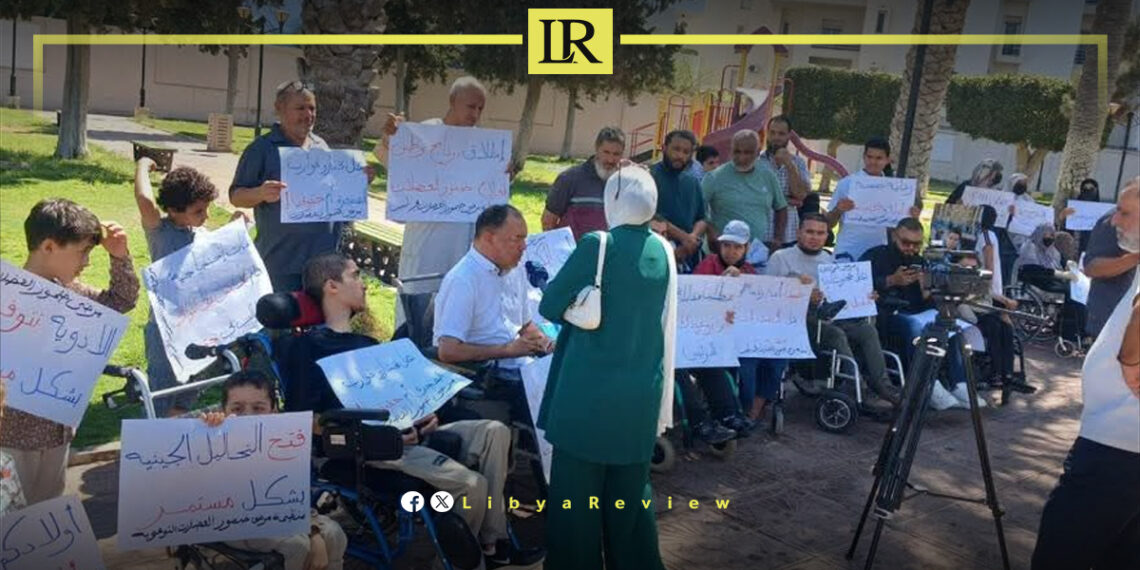The lives of dozens of Libyan children suffering from muscular atrophy are in danger as medicines, genetic testing, and overseas treatment transfers come to a standstill, according to the Muscular Atrophy Patients’ Organisation.
Mohamed Abu Ghmaiga, the head of the organisation, said that essential medications have been arriving only intermittently, while procedures for medical evacuation abroad have stopped entirely.
He confirmed that 29 children urgently need gene therapy injections, yet only six have been sent for treatment since July.
Abu Ghmaiga told Al-Ahrar TV that several children have already died due to treatment delays, while others developed complications that later made them ineligible for gene therapy. He noted that Libya still lacks the equipment and genetic testing tools required to diagnose the disease properly, preventing doctors from making accurate clinical decisions.
Government Promises Still Unfulfilled
According to Abu Ghmaiga, the Government of National Unity (GNU) has yet to deliver on its commitments to provide gene therapy for spinal muscular atrophy (SMA) and muscular atrophy patients.
He added that Duchenne muscular dystrophy (DMD) medications have been unavailable for four months, worsening the crisis.
Families and patients are preparing to hold a protest on Tuesday, demanding that the GNU immediately supply the missing drugs, resume overseas medical transfers, and fulfil its promises to treat critical cases abroad.
165 Deaths Recorded Since 2011
Abu Ghmaiga revealed that the organisation has documented 165 deaths among muscular atrophy patients since 2011, mostly caused by respiratory failure — one of the most dangerous complications of the disease.
He stressed that medical teams have been calling for the hiring of respiratory specialists, spinal surgeons, and physiotherapy teams to support patients whose conditions continue to deteriorate amid the ongoing shortage of treatment and diagnostic capacity.
The crisis highlights the urgent need for structural reforms in Libya’s healthcare system and immediate government intervention to prevent further avoidable deaths.


